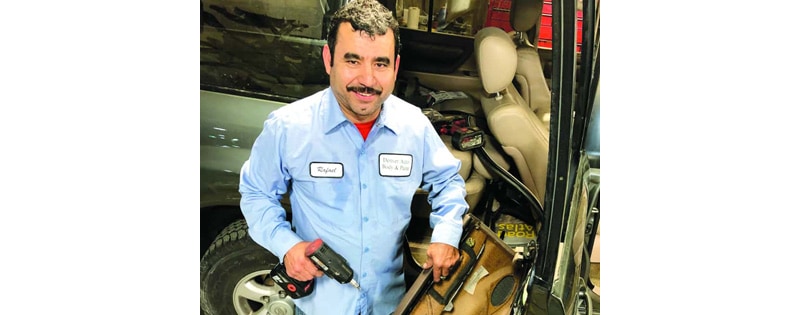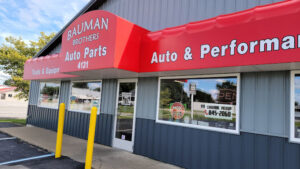The SMART Act will expand consumer choice for collision repair parts, decrease costs to both drivers and insurers, and enhance competition in the parts market
Washington, D.C.—Congressman Darrell Issa (CA-48), Chairman of the Subcommittee on Courts, Intellectual Property and the Internet in the House Judiciary Committee, has introduced bipartisan legislation to reduce the expense of automotive repairs and the cost of car insurance. Representatives Dave Joyce (OH-14), Zoe Lofgren (CA-18), Laurel Lee (FL-15), Sheila Jackson Lee (TX-18), and Marie Gluesenkamp Perez (WA-3) joined Congressman Issa as original co-sponsors to this legislation.
The Save Money on Auto Repair Transportation (SMART) Act, will expand consumer choice for automobile collision repair parts, decrease costs to both drivers and insurers, and enhance competition in the automobile repair parts market.
“According to AAA, a third of American drivers can’t afford the costs of an unexpected car repair bill without going into debt,” said Rep. Issa. “As repair costs continue to rise, consumers deserve access to as many auto part repair options as possible. The SMART Act will increase consumer choice, encourage competition, and foster innovation to drive down the cost of expensive repairs.”
The “Issa Introduces Bipartisan Bill to Reduce Car Repair Costs” is supported by Consumers for Auto Reliability and Safety Coalition, National Association of Mutual Insurance Companies (NAMIC), CARE, Retiresafe, CFA, American Property Casualty Insurance Association (APCIA), Automotive Body Parts Association (ABPA), Autocare, LKQ, Autozone, and AARP.
“Legislative reform is critical to lowering auto repair costs, restoring consumer choice in the car repair market, and encouraging industry competition,” said Justin Rzepka, Executive Director of the CAR Coalition. “The bipartisan SMART Act will put the power of choice back in the hands of consumers and local businesses, providing much-needed relief in the face of rising prices and supply chain breakdowns.”
The National Association of Mutual Insurance Companies (NAMIC) added, “The SMART Act will help maintain competition in the marketplace for repair parts and prevent auto repair costs from going higher than they already are. NAMIC is proud to work alongside Congressman Issa to support the SMART act and grateful for his leadership on this issue.”
Specifically, The SMART Act narrowly amends U.S. design patent law to reduce from 14 years to 2.5 years the time car manufacturers can enforce design patents on collision repair parts (fenders, quarter panels, doors, etc.) against alternative parts suppliers. The current patent term prevents aftermarket manufacturers from making or selling external collision repair parts, which drives up repair costs by limiting consumer choice, crowding out competition and leading to higher insurance rates and fees.
The Act would not alter the 14-year period that car companies can enforce design patents against other car companies. It would impact only aftermarket repair parts.










Comments are closed.